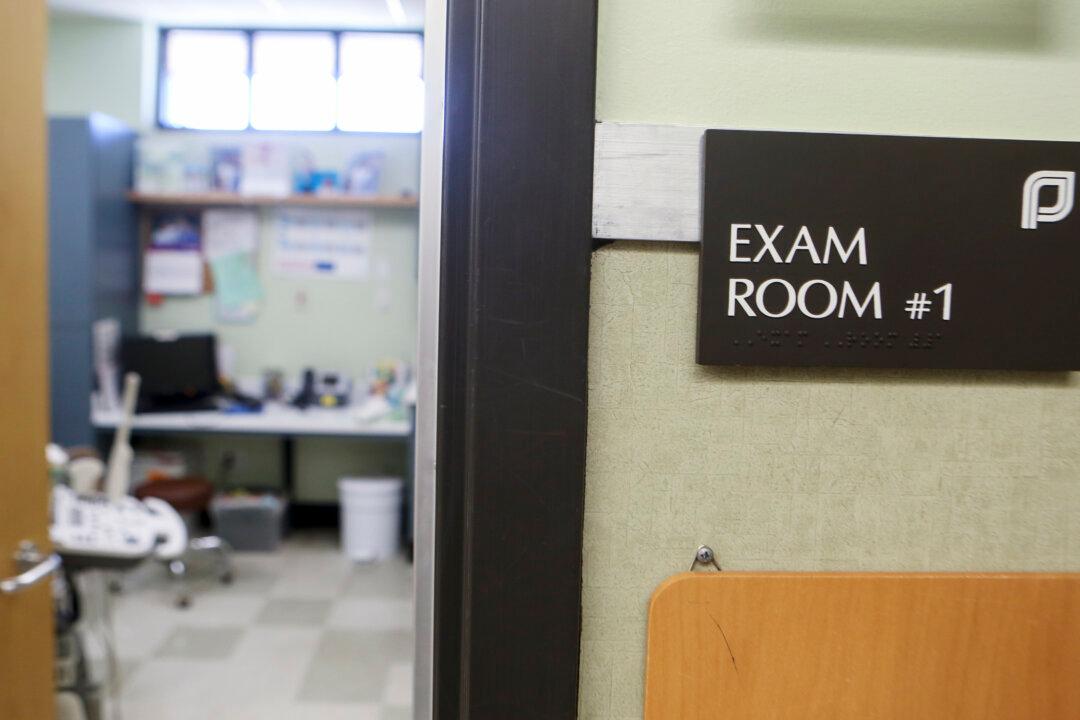A Texas law that would ban approximately nine out of 10 abortions is set to take effect this week, after a court rejected attempts to block the measure and canceled a hearing.
A hearing that was going to take place on Aug. 30 that would have seen judges consider whether to grant a preliminary injunction against the law, Senate Bill 8, was canceled on Aug. 27 by a federal court.





